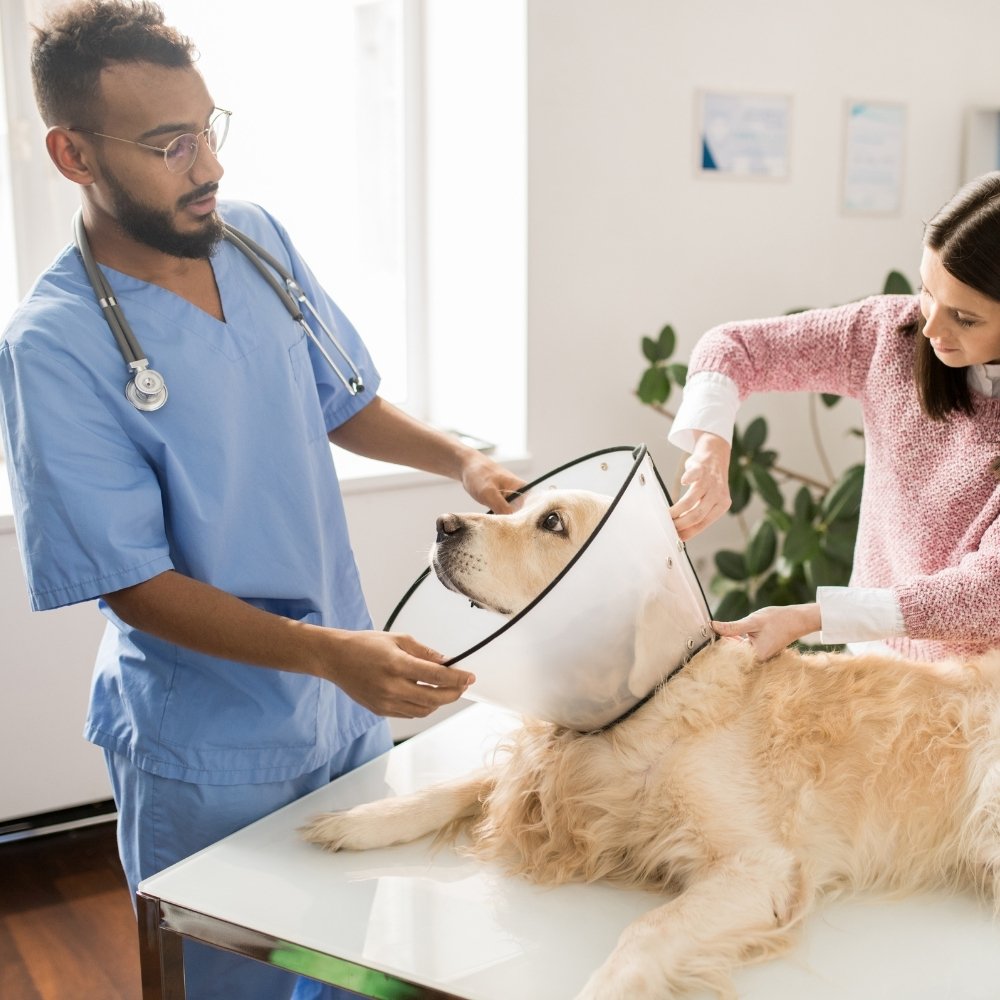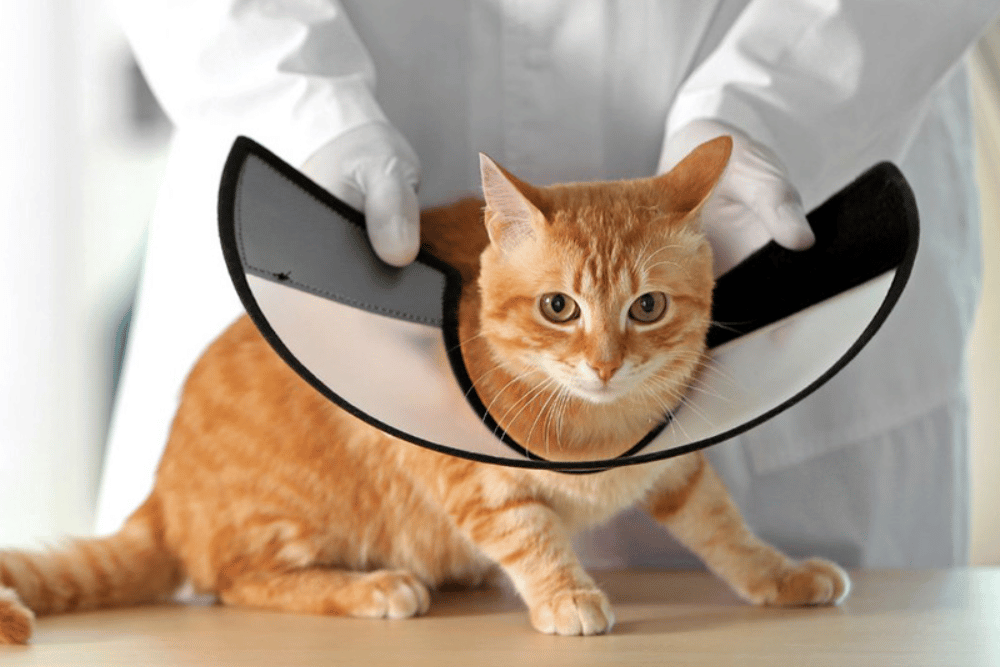Pet Surgical Services
DeWitt Animal Hospital, situated in Plainville, MA, stands as a leading veterinary clinic committed to providing exceptional pet surgical services.
Pet Surgical Services in Plainville, MA
Our state-of-the-art surgical suite is equipped to accommodate a diverse range of surgical procedures, ensuring that your pets receive the highest standard of care in a safe and controlled environment.
Pet Surgical Services
At DeWitt Animal Hospital, we take pride in our advanced surgical facilities, designed to meet the unique needs of each patient. Our surgical suite is equipped with modern technology, allowing our skilled veterinary surgeons to perform various procedures precisely and efficiently.
We offer comprehensive pet surgical services, including routine spaying and neutering, soft tissue surgeries, orthopedic procedures, and more. Whether your pet requires a routine preventive surgery or a more complex intervention, our experienced surgical team is dedicated to ensuring the best possible outcome for your furry friend.
What You Need to Know Before Surgery
Many people have questions about various aspects of their pet’s surgery, and we hope this information will help. It also explains the decisions you will need to make before your pet’s upcoming surgery.
Is the anesthetic safe?
Pre-anesthetic blood testing is essential in reducing the risk of anesthesia. Every pet needs blood testing before surgery to ensure the liver and kidneys can handle the anesthetic. Even apparently healthy animals can have serious organ system problems that cannot be detected without blood testing. If there is a problem, it is much better to find it before it causes anesthetic or surgical complications. Animals with minor dysfunction will handle the anesthetic better if they receive IV fluids during surgery. If serious problems are detected, surgery can be postponed until the problem is corrected.
We offer three levels of in-house blood testing before surgery, which we will go over with you when you bring your pet in. Our doctors prefer the more comprehensive screen because it gives them the most information to ensure your pet’s safety. For geriatric or ill pets, additional blood tests, electrocardiograms, or x-rays may be required before surgery as well.
It is important that surgery be done on an empty stomach to reduce the risk of vomiting during and after anesthesia. You will need to withhold food for at least 8 to 10 hours before surgery. Water can be left down for the pet until the morning of surgery.
Will my pet be in pain?
Anything that causes pain in people can be expected to cause pain in animals. Pets may not show the same symptoms of pain as people do; they usually don’t whine or cry, but you can be sure they feel it. Pain medications needed will depend on the surgery performed. Major procedures require more pain relief than things like minor lacerations.
For dogs, we may recommend an oral anti-inflammatory the day after surgery and several days after to lessen the risk of discomfort and swelling. We use newer medications, which are less likely to cause stomach upset and can be given even on the morning of surgery.
Because cats do not tolerate standard pain medications such as aspirin, ibuprofen, or Tylenol, we are limited in what we can give them. Recent advances in pain medications have allowed for better pain control in cats than ever before. We administer a pain injection 10 minutes prior to surgery. After surgery, pain medication is given on a case-by-case basis. Any animal that appears painful will receive additional pain medication.
We use narcotic patches for some surgeries in dogs as well. The cost will depend on the size of the dog. Injectable pain medications may also be used after surgery on both dogs and cats. Providing whatever pain relief is appropriate is a humane and caring thing to do for your pet.
Will my pet have stitches?
What other decisions do I need to make?
While your pet is under anesthesia, it is the ideal time to perform other minor procedures, such as dentistry, ear cleaning, or implanting an identification microchip. If you would like an estimate for these extra services, please call ahead of time. This is especially important if the person dropping the pet off for surgery is not the primary decision-maker for the pet’s care.
When you bring your pet in for surgery, we will need 5 to 10 minutes to fill out paperwork and make decisions on the blood testing and other options available. When you pick up your pet after surgery, you can also plan to spend about 10 minutes going over your pet’s home care needs.
We will call you the night before your scheduled surgery appointment, to confirm the time you will be dropping your pet off and to answer any questions you might have. In the meantime, please don’t hesitate to contact us with any questions about your pet’s health or surgery.


